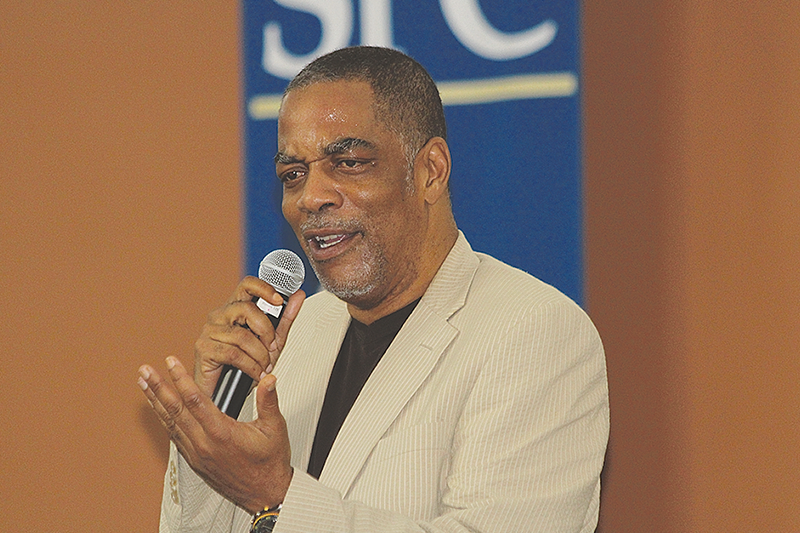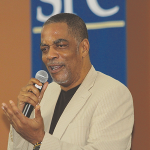Paul Porter

 He was told things have changed these days. He was told the program director said this and the general manager said that. He was told the station does giveaways and other positive things for the community. Porter stood his ground. He told the higher-ups that the content was affecting young minds. Nothing happened.
He was told things have changed these days. He was told the program director said this and the general manager said that. He was told the station does giveaways and other positive things for the community. Porter stood his ground. He told the higher-ups that the content was affecting young minds. Nothing happened.